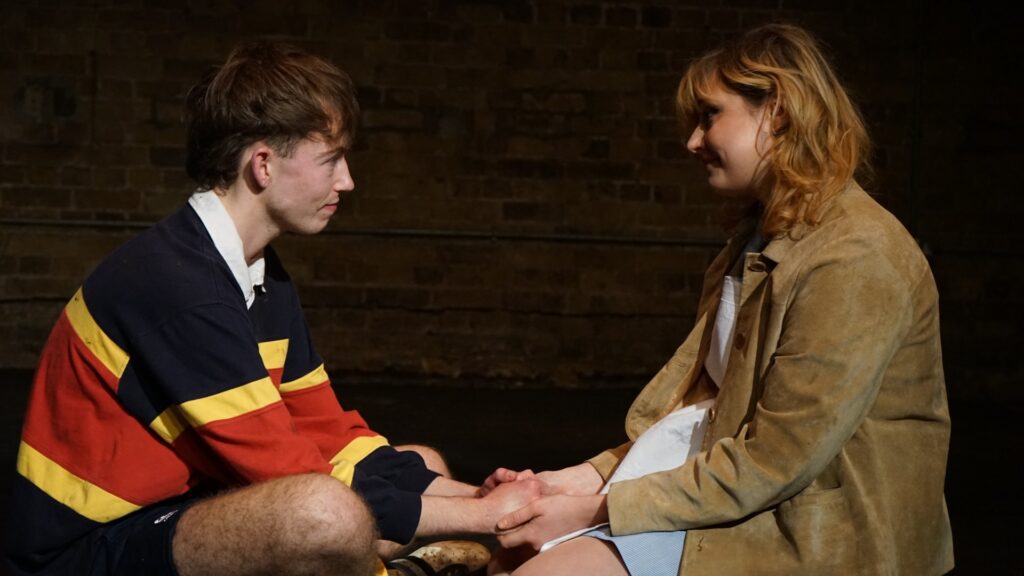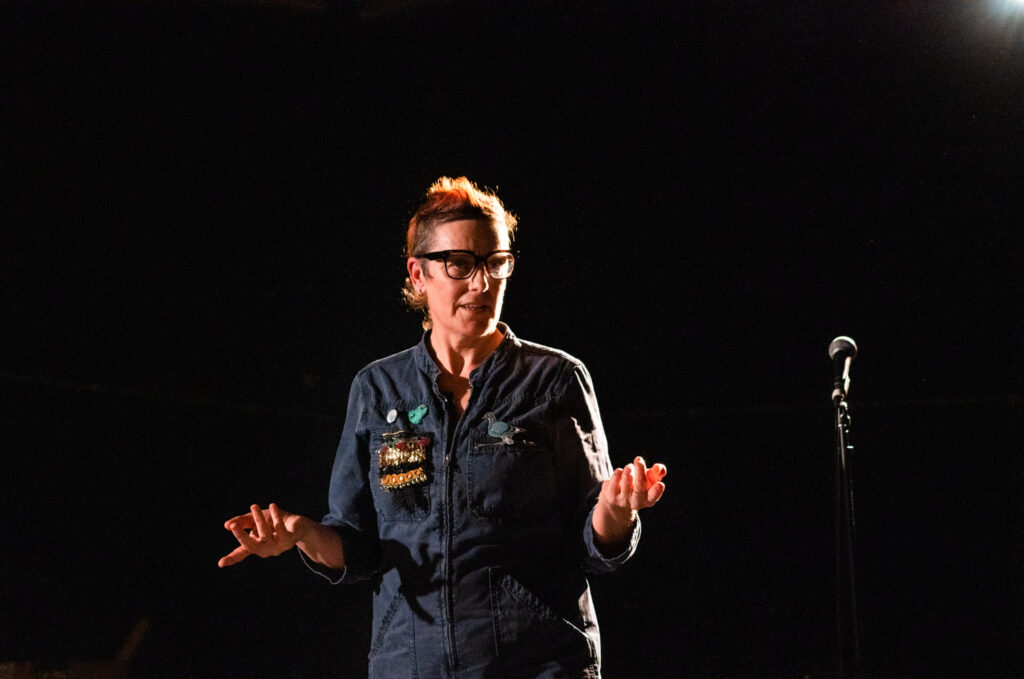John Tucker says we know too little in Wales about our scientific heritage and achievements, which should be collected and celebrated
Ideas of national identity, heritage and history are intellectually difficult, hugely influential and very practical. Who do we say we are? What do we know about ourselves? What might we become? In Wales since the 1960s, historians and museum curators have lavished attention upon a few dominant themes, including: medieval and early modern history; folk history in the west and north; industrialisation and urbanisation in south; the making of the working class. But there are neglected themes: global copper and Welsh industries other than coal and steel – power, chemical, automotive, computing; business and finance; military history; the middle class; arts, leisure, shopping and sport. And there is probably the most neglected theme of all: Wales and science.
The late Professor Phil Williams proclaimed that Wales was a nation of scientists. In a terrific speech during a National Assembly debate on Science in Wales, in May 2001, he surveyed the contemporary subject of science, starting with Wales’ scientific achievements, naming 15 people together with a short comment on their achievements. He was the first person I heard celebrating Wales’ scientific heritage as if it was big and as if it mattered.
I am a scientist. Like most scientists I am interested in the history of science. History is a part of the culture of working scientists. Earlier ideas, technical milestones and even biographies form part of scientific explanations and are essential in the education of scientists. For example, GCSE science draws attention to the emergence of ideas and past difficulties, such as Einstein’s 1905 solution to the 1827 problem of explaining Reverend Thomas Brown’s observations of the motion of pollen on the surface of water. This established atomic theory in the modern age. However, for scientists, history tends to be international, heroic and Whiggish.
Unlike most scientists I have long been interested in the history of science and Wales. It has been a difficult hobby to pursue, mainly because knowledgeable people and literature are scarce. It took years to gather names and to understand and appreciate achievements. Fortunately, there is plenty to know and there is something addictive about collecting.
Thinking about Welsh science and its place in our history and cultural heritage is rewarding. The very nature of a national history of science challenges the scientists’ orthodox views of science history. It introduces large doses of intellectual and historical context by mapping the social networks of scientists, recovering the purpose of investigations, and embedding the ideas, achievements and failures of the scientific community into local histories. Surprisingly, national histories expand the scale and complexity of our conception of the scientific enterprise. In particular, such detailed rooted histories are closer to the experience of today’s scientists. There are four simple reasons why the subject is fundamental and relevant to pressing contemporary issues in Wales:
1. For scientists and science teachers, a deeper understanding of the nature of science leads to improved scientific practice, better science education and better public engagement and trust in science.
2. Science is a source of inspiration and a practical driving force in the creation of European Modernity from the 17th century. Science needs to be rediscovered as a fundamental component in the heritage of modern Wales.
3. Science is essential for the economic competitiveness and sustainability of modern Wales, especially for small clever companies and organisations. Invention, innovation and change is inherently historical.
4. Science is essential in policy and decision making in contemporary Wales, which is infected with dogma and received opinions, especially about high technology and the grand issues of energy.
There are dozens of policy areas and hundreds of millions of pounds of investments in projects where science and technology are prominent. The historical record is a vast storehouse of useful insight and hindsight, and cautionary and inspirational tales, of great value to contemporary Wales.
It is encouraging that National Museum of Wales has been thinking about Welsh Scientific Heritage, too. It has excellent credentials in research, collecting and exhibiting natural history and geology and plans to improve upon them. However, there is little to be seen of the rest of science. Of course, in its storerooms there are all kinds of items to be found that belong in a science museum. One example I know is their Stantec-Zebra. This is a wonderful old computer made by STC in Corporation Road, Newport in the 1950s, an object that brings alive the early days of a great revolution. More pressingly, across Wales there must be all kinds of scientific items worthy of collection, or in desperate need of rescue. What’s out there? What stories are there to be told about them? If only we knew.
What Wales needs is a Science Museum. A problem is that ignorance of Welsh scientific history and heritage is wide and deep. We need researchers to discover our history:
- Historians who know about periods, places, events, people, networks, and historical methods.
- Scientists and engineers who know about the theory and the practice of their subject and are interested in history.
- Keepers and friends of industrial heritage who have a rounded picture of particular developments at a particular time or place.
Such research thrives on the amateur and professional. To construct Wales’ scientific heritage, we have to share knowledge and educate one another. What would help to get things moving? Academics across the Universities of Wales should:
- Initiate a university lecture course on the history of Welsh Science.
- Grow the number of learned papers and scholarly books.
- Organise conferences and publish proceedings.
- Write monographs on topics in the history of Welsh science that improves our understanding of the origins, historiography, and nature of science.
- Write a popular introductory book on the history of Welsh science that shows the subject exists.
National Museum Wales should
- Convince themselves that science is all around them in their collections.
- Create an inventory of artifacts in Wales.
- Make a new classification of scientific objects available in collections.
- Collect internationally.
- Create local networks of knowledgeable people.
- Start a collecting the oral history of science.
In short we should be integrating the history of science into the study of Wales and Welsh history. We should be connecting professionals and amateurs from the historical and scientific communities with museum curators, collectors and archivists. We should mark anniversaries, For example, 2010 is 500 years since the death of Tenby-born Robert Recorde who invented the equals sign. It is also 200 years since the birth of John Dillwyn Llewellyn, Swansea born botanist and pioneer photographer.
We should put up statues, like the one of Swansea’s William Grove in energy conscious Woking. We could also start local museum collections and archives of documents, ephemera, interviews, and antiques. We should certainly mount hundreds of blue plaques. There are great possibilities for websites, documentaries and dramas and simply making available what the media has already created.
Virtually all the great institutional collections are based upon private amateur collections. A fundamental requirement will be to avoid the paralysis and hypnotic blight of public spending cuts. The true strength of the amateurs is the freshness and freedom that comes from doing something one wants to do and knows is worth doing.







Comments are closed.